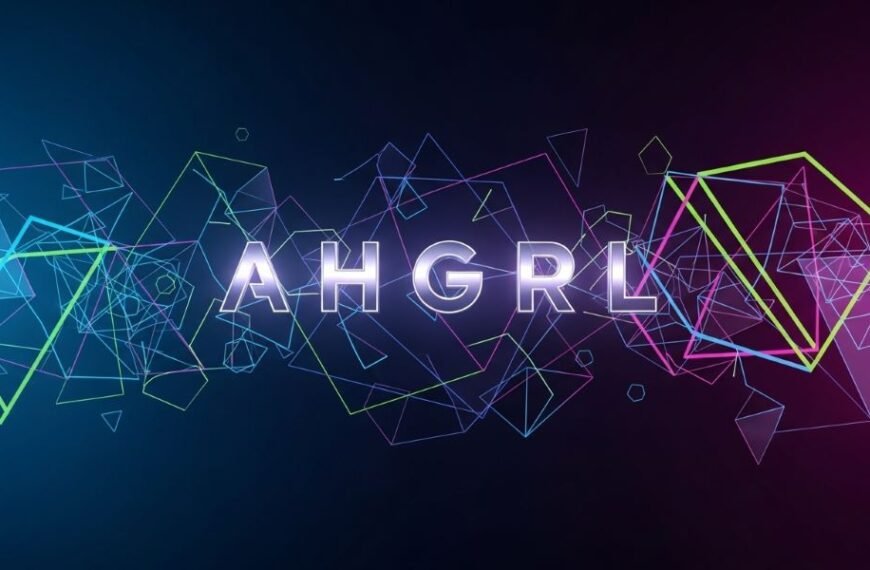The probate process – obtaining legal authority to administer a deceased person’s estate – appears straightforward on paper but frequently involves unexpected complexities. While the basic procedure follows established steps, many factors can create complications that extend timelines, increase costs, and cause significant stress for executors and beneficiaries. Acknowledging these potential challenges helps those involved prepare appropriately and seek timely assistance when needed.
Delays in the Probate Process
Recent improvements to HM Courts and Tribunals Service have lowered standard processing times, with straightforward applications now typically processed within 4-8 weeks. However, according to The Probate Network, a big part of applications still face delays due to errors, missing information, or additional verification requirements. These statistics reflect only administrative processing—they don’t account for the time needed to gather information, value assets, and prepare applications. When estate complexities arise, consulting probate solicitors with expertise in estate administration early in the process can help anticipate and address potential obstacles before they cause significant delays. Legal professionals familiar with probate procedures can identify potential complications in advance and implement strategies to streamline the process.
Challenges with Estate Valuation and Inheritance Tax
Accurate estate valuation impacts inheritance tax liability, with errors potentially resulting in penalties or overpayment. The Office for Budget Responsibility stated that inheritance tax revenue will likely reach £8.3 billion in 2024/2025, reflecting both increasing property values and closer scrutiny of valuations by HMRC. Professional valuations become particularly important for business assets, unlisted shares, and unusual collectibles where market value isn’t readily apparent. HMRC investigations into undervalued estates have increased over the past five years, with penalties potentially reaching 100% of unpaid tax in cases of deliberate undervaluation.
Locating and Validating the Correct Will
According to the Money and Pensions Service, approximately 53% of adults aged 50-64 don’t have a will. This creates significant challenges in identifying the legally valid final testament, particularly when informal documents or handwritten amendments exist. Digital storage and unconventional will locations further complicate the search process. Without clear communication about the will’s location, executors might spend months searching for documents or proceed with intestacy rules unaware that a valid will exists elsewhere.
Disputes Among Executors or Beneficiaries
Family dynamics often complicate estate administration, with disagreements about asset distribution, property management, or executor actions creating delays. These conflicts usually intensify when substantial assets are involved or when the will’s provisions differ from verbal promises or family expectations.
Complexities in Identifying and Managing Digital Assets
Digital assets – from cryptocurrency to intellectual property—present challenges for estate administration. Without clear inventory and access instructions, valuable digital assets might remain undiscovered or inaccessible. The increasing prevalence of two-factor authentication and biometric security further complicates access to digital accounts, often needing court orders or platform-specific procedures to grant executor access.
Understanding these potential complexities allows executors and beneficiaries to approach the probate process with realistic expectations and appropriate professional support, potentially saving time, money, and emotional stress during an already challenging period.






